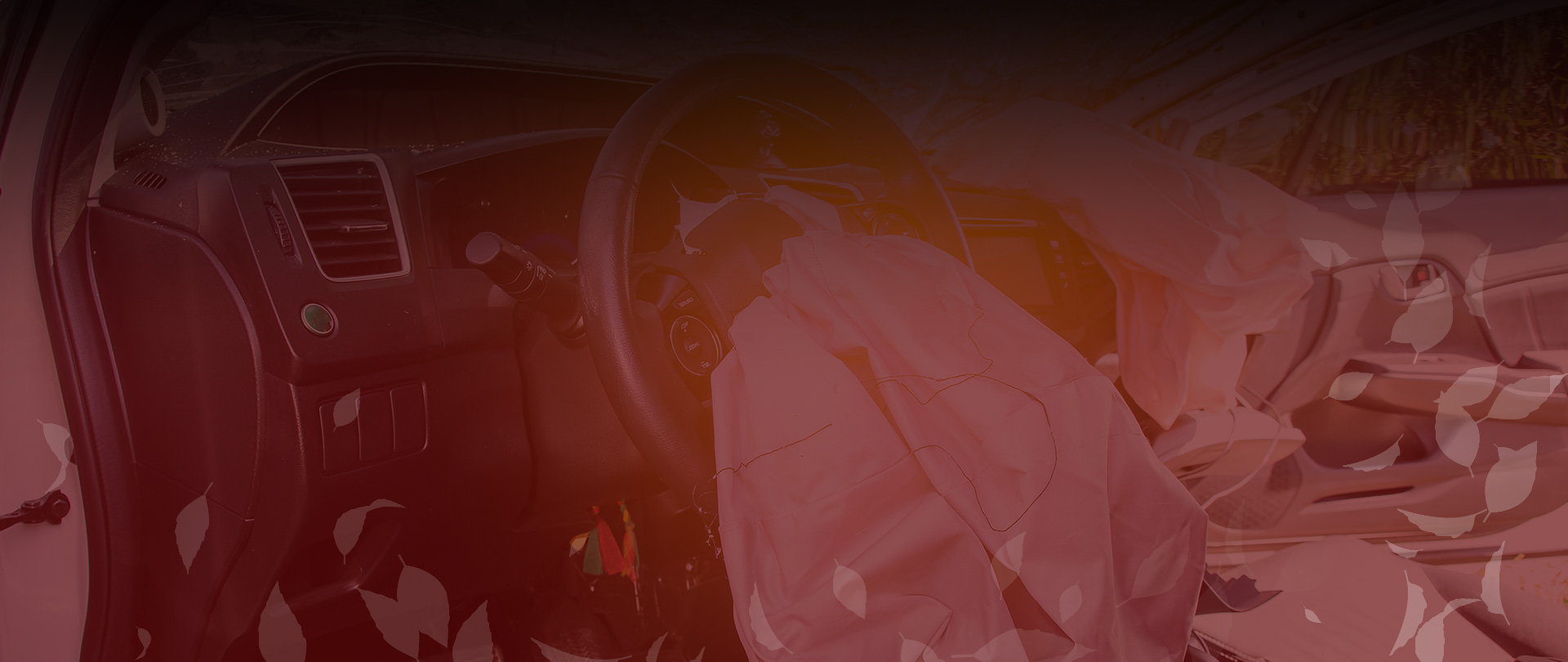
Oakland Defective Products Lawyer
Consumers have protections in the state of California and when you’re injured using a product, it’s important to talk with a defective products lawyer who will work with you towards the goal of proving your case and winning a fair settlement. That work requires a nuanced understanding of both general product liability principles and how they apply here in California.
Let an Oakland defective products lawyer from our office do the hard work of showing the court how and why your injuries were caused. Call Haley Law Offices at (510) 990-9290 or contact us online today.
As the plaintiff in a defective products case, you and your attorney have the responsibility of showing that a defect occurred at one of three stages. The first possibility is a design defect. This would come by proving that the basic plans for this product were so flawed at the outset that there was no way the product could even be manufactured properly.
That leads us to the second possibility, which is a manufacturing defect. In this instance, perhaps the design was fine, but something went wrong in putting the product together. Anything produced on an assembly line is certainly susceptible to manufacturing defects.
Finally, we come to a labeling defect. There are some products that require reasonable warnings to consumers. A common example is the side effects that may come from medications or the exact instructions on how to use the medication.
The plaintiff only needs to establish failure at one of these three stages to demonstrate a product is defective. Proving either of the first two–defects in design or manufacturing will quite likely be intense legal discovery work. This is where, after a lawsuit is filed, your attorney works to get access to a company’s documentation that might demonstrate the flaws.
If the plaintiff’s charge is a labeling defect, that can come down to what it is, specifically, that is allegedly missing from the label. A manufacturer will not be responsible for laying out every last possible risk.
For example, if the plaintiff purchases a floor heater, a court will likely presume they know not to plug it in right by a bucket of water because that would cause electrocution. But if the potential fire hazard rises after eight hours of continuous use? Now, the plaintiff will have a good case to argue that this limitation should have been made known.
The most common examples of defective products involve medicine, medical devices, auto parts, household appliances and children’s toys.


-
“Haley Law Offices is not only professional, experienced, and knowledgeable, but also extremely trustworthy and dedicated. Matt Haley and his son, Michael Haley, took my claim seriously and were both very attentive, diplomatic, and very helpful in settling my case. Katie, their paralegal, was also very timely and responsive whenever I had to get in touch with their office. I was originally researching for a law firm, and I had contacted Terry Buller. Terry, Matt, Michael, and Katie all worked together to create a most just claim, and we made it through the finish line with flying colors. They take no bull; no ifs, ands, or buts about it! Look no further when hiring a law firm. From start-to-finish, everything was transparent, respectful, organized, and well thought-through. I cannot thank Haley Law Offices enough! Thank you for protecting me and for supporting me throughout the entirety of this matter. Five stars? How about (10)!”- Alison M.


Why Choose Haley Law Offices P.C.?
We Have Over 80 Years of Experience to Help You Win
-
Over 80 Years of Dedicated Experience
Since 1955, our attorneys have been dedicated to fighting for justice for our clients.
-
Connected in the Legal Community
We're deeply rooted in the local community, meaning more resources to help you win.
-
Skilled & Trustworthy Representation
We're relentlessly dedicated to constantly sharpening our skills in the courtroom.
-
Three Generations of Trial Attorneys
Fighting for you runs in the family; we're proud of our legacy of pursuing justice for you.

